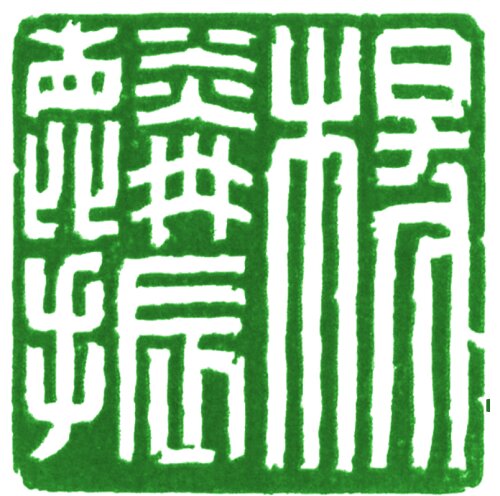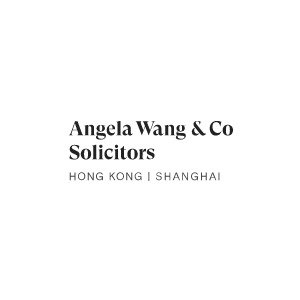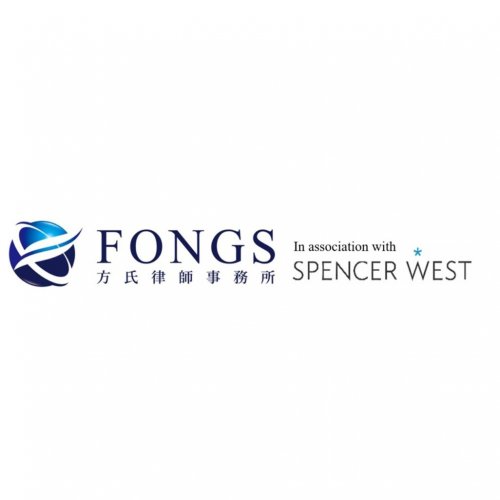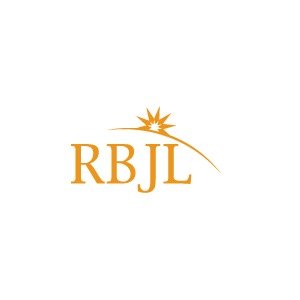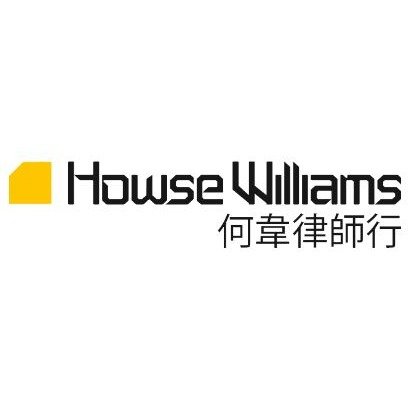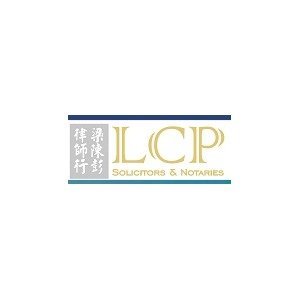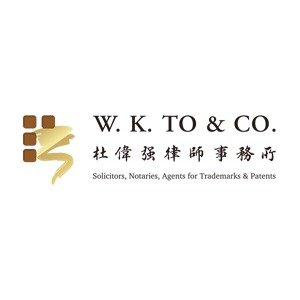Best Antitrust Litigation Lawyers in Central
Share your needs with us, get contacted by law firms.
Free. Takes 2 min.
List of the best lawyers in Central, Hong Kong
About Antitrust Litigation Law in Central, Hong Kong
Antitrust litigation in Central, Hong Kong focuses on legal disputes arising from activities that restrain competition or abuse market power. With Hong Kong being a major financial hub, the legal framework aims to ensure fair competition and prevent conduct such as price-fixing, bid-rigging, and abuse of dominant market positions. The Competition Ordinance (Cap. 619), which came into effect at the end of 2015, is the principal piece of legislation governing antitrust matters in Hong Kong. The Competition Tribunal, located in Central, is responsible for adjudicating antitrust cases, ensuring that all businesses operate within the regulatory parameters set by law.
Why You May Need a Lawyer
Antitrust litigation is complex and involves both legal and economic analysis. Individuals and businesses may require legal help in a variety of situations, such as:
- Facing an investigation by the Competition Commission for alleged anti-competitive conduct
- Being accused of participating in price-fixing, bid-rigging, or market sharing
- Challenging the anti-competitive behavior of competitors in court
- Responding to dawn raids or requests for information from regulators
- Seeking immunity or leniency for self-reporting antitrust violations
- Needing guidance on compliance with local competition laws and regulations
- Evaluating and mitigating risks in mergers and acquisitions
- Litigating for damages caused by violations of antitrust law
Legal representation is important because antitrust cases often require strategic decision-making and a technical understanding of economic and legal principles.
Local Laws Overview
The key law governing antitrust matters in Hong Kong is the Competition Ordinance (Cap. 619). This law is built around three core prohibitions:
- First Conduct Rule: Prohibits agreements or concerted practices between businesses that have the object or effect of preventing, restricting, or distorting competition in Hong Kong. This covers activities such as price-fixing, market sharing, and output restriction.
- Second Conduct Rule: Prohibits businesses with a substantial degree of market power from abusing that power in a way that lessens competition. Examples include predatory pricing, exclusive dealing, and imposing unfair trading conditions.
- Merger Rule: Restricts mergers that would substantially lessen competition, although currently this only applies to the telecommunications sector.
The Competition Commission is the principal authority tasked with enforcing these rules through investigations, prosecutions, and promoting compliance. The Competition Tribunal hears and decides cases related to breaches of the Competition Ordinance, including imposing fines and remedies.
Frequently Asked Questions
What is considered anti-competitive behavior under Hong Kong law?
Anti-competitive behavior includes actions like price-fixing, bid-rigging, market allocation, or abusing a dominant market position to the detriment of competition.
Who enforces antitrust laws in Hong Kong?
The Competition Commission is responsible for investigating suspected violations, while the Competition Tribunal adjudicates cases and imposes sanctions.
Are there criminal penalties for breaching antitrust laws?
Breaches of competition law in Hong Kong can result in civil penalties, including hefty fines and orders to cease the offending behavior. Criminal penalties may apply to related offenses like obstruction of justice.
Does Hong Kong’s antitrust law apply to foreign companies?
Yes, if the anti-competitive conduct has an effect on competition in Hong Kong, it applies regardless of where the parties are based.
What is a dawn raid in antitrust investigations?
A dawn raid is a surprise inspection by the Competition Commission to gather evidence of suspected anti-competitive conduct. Companies are legally required to cooperate, but have the right to legal counsel.
Can I report suspected antitrust violations anonymously?
Yes, individuals can submit anonymous complaints or reports to the Competition Commission regarding suspected anti-competitive conduct.
What steps should my business take to comply with antitrust laws?
Businesses should regularly review agreements, provide staff competition law training, and establish internal compliance programs to reduce the risk of violations.
Can I recover damages if my business is harmed by anti-competitive practices?
Yes, victims of anti-competitive conduct can file a private action for damages in the Competition Tribunal.
How are fines determined for violations of competition law?
Fines are determined based on the seriousness, duration, and impact of the violation, and can be significant- up to 10 percent of company turnover for three years.
Is legal advice necessary during an antitrust investigation?
Legal advice is highly recommended, as antitrust investigations are complex and missteps can result in severe financial and reputational consequences.
Additional Resources
Individuals and businesses seeking more information or assistance related to antitrust litigation in Central, Hong Kong, may find the following resources helpful:
- Hong Kong Competition Commission: Provides guidance, publishes decisions, and handles complaints concerning competition law violations.
- Competition Tribunal: Publishes judgments and updates on ongoing and resolved cases.
- Legal Aid Department: Offers legal assistance to eligible individuals involved in civil proceedings related to antitrust matters.
- Hong Kong Bar Association and Law Society of Hong Kong: Help with finding qualified legal professionals experienced in antitrust litigation.
Next Steps
If you suspect you are involved in, or affected by, anti-competitive conduct in Central, Hong Kong, it is essential to seek appropriate legal advice. Here are recommended next steps:
- Document all relevant details of your case, including communications and agreements
- Consult with a qualified lawyer experienced in antitrust litigation as soon as possible
- Consider reaching out to the Competition Commission if you need to make a complaint or inquiry
- If your business is under investigation, coordinate a response strategy with legal counsel
- Review current business practices to ensure compliance and prevent future issues
- Take prompt action, as antitrust matters can have time-sensitive requirements and deadlines
Early legal guidance can protect your interests, help you navigate complex procedures, and increase your chances of a favorable outcome.
Lawzana helps you find the best lawyers and law firms in Central through a curated and pre-screened list of qualified legal professionals. Our platform offers rankings and detailed profiles of attorneys and law firms, allowing you to compare based on practice areas, including Antitrust Litigation, experience, and client feedback.
Each profile includes a description of the firm's areas of practice, client reviews, team members and partners, year of establishment, spoken languages, office locations, contact information, social media presence, and any published articles or resources. Most firms on our platform speak English and are experienced in both local and international legal matters.
Get a quote from top-rated law firms in Central, Hong Kong — quickly, securely, and without unnecessary hassle.
Disclaimer:
The information provided on this page is for general informational purposes only and does not constitute legal advice. While we strive to ensure the accuracy and relevance of the content, legal information may change over time, and interpretations of the law can vary. You should always consult with a qualified legal professional for advice specific to your situation.
We disclaim all liability for actions taken or not taken based on the content of this page. If you believe any information is incorrect or outdated, please contact us, and we will review and update it where appropriate.




